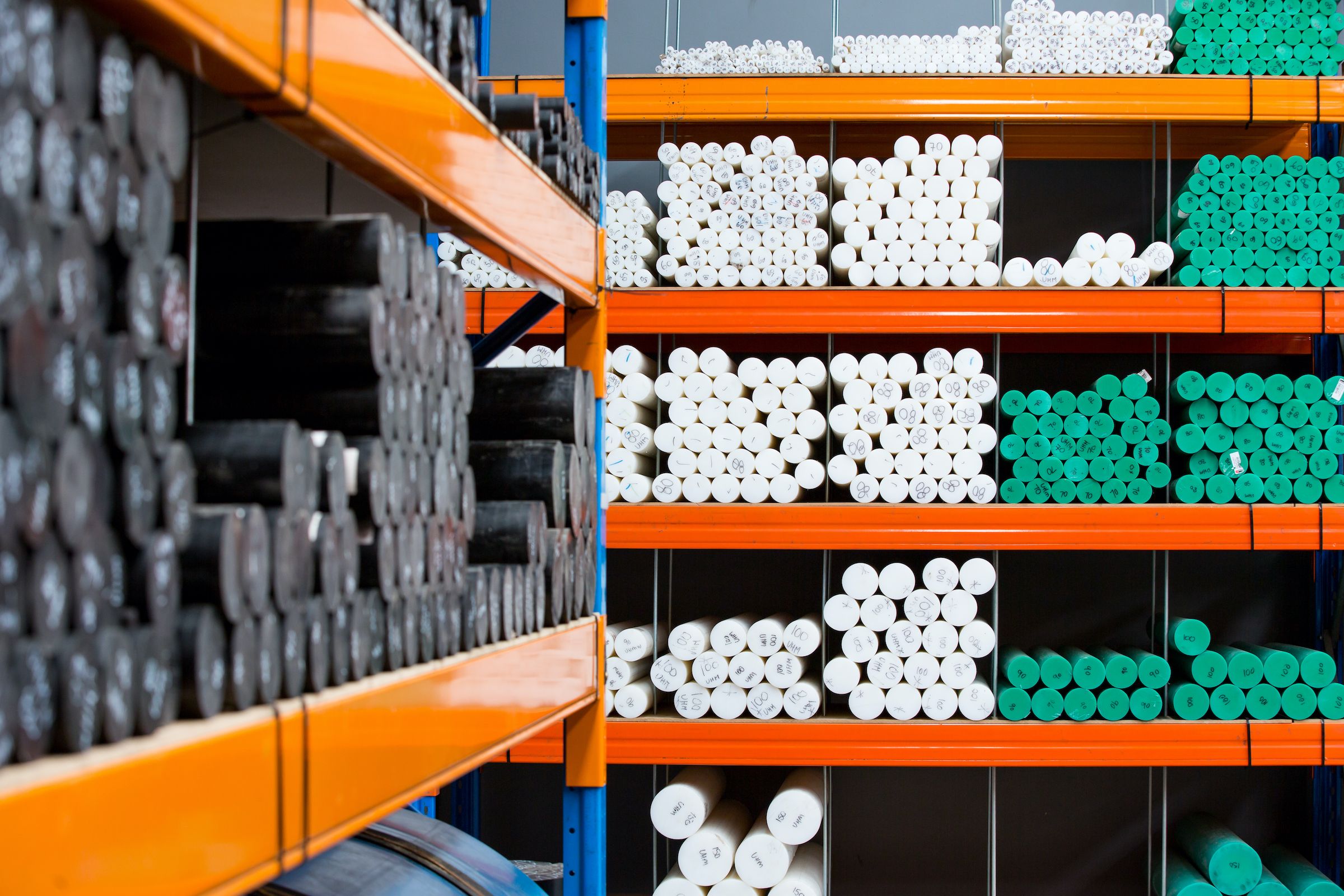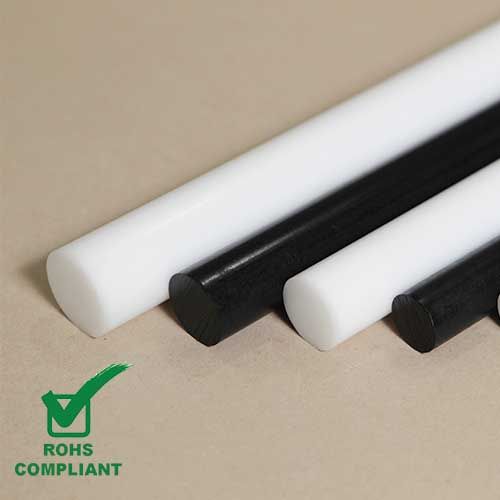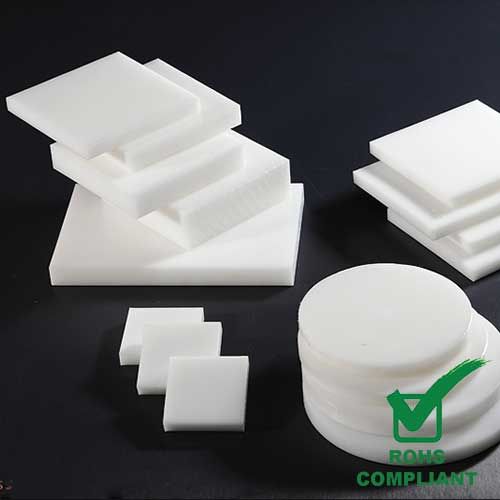ACETAL Plastic

ACETAL | ENGINEERING PLASTICS ONLINE
Acetal (also known as POM and Delrin) is a hard engineering thermoplastic used in manufacturing of precision parts that require high stiffness, dimensional stability and low friction. Acetal is sometimes referred to as Delrin®, Sustarin®, Tecaform®, Ertacetal®/Acetron®, Ensital® and Zellamid®.
Brand: Dynex.
Our Acetal is FDA and RoHS approved.
| ACETAL IS USED FOR: | PERFORMANCE CHARACTERISTICS: |
|
|
FAQ:
|
Are Acetal and Delrin the same? |
These two polymers share many similar characteristics, there are definitely some significant differences that can impact your choice of material. Acetal is the name for a family of thermoplastics called PolyOxyMethylene (POM). Acetal is available in two types of resins: Copolymer acetal (POM-C), and homopolymer acetal (POM-H) also called Delrin®. Both are acetal polymers, but each has its own advantages and disadvantages. Advantages of POM-C over Delrin® are:
Advantages of Delrin® over POM-C are:
|
|
How strong is acetal? |
Acetal has outstanding flexural and tensile strength (up to 9,500 psi), as well as excellent hardness and dimensional stability. |
|
Does acetal absorb water? |
Acetal offers especially low moisture sensitivity in wet environments and resistance to a wide range of chemicals including many solvents. |
|
Is acetal recyclable? |
Yes, acetal can be reground and recycled. |
|
Is acetal food grade plastics? |
Yes, our acetal is FDA approved. |
To find out how to become a trade customer and get access to the most competitive pricing, please call 1800 215 216 or click here to register.
DISCLAIMER: It's always the clients decision to ensure that the materials are right for the specification.







